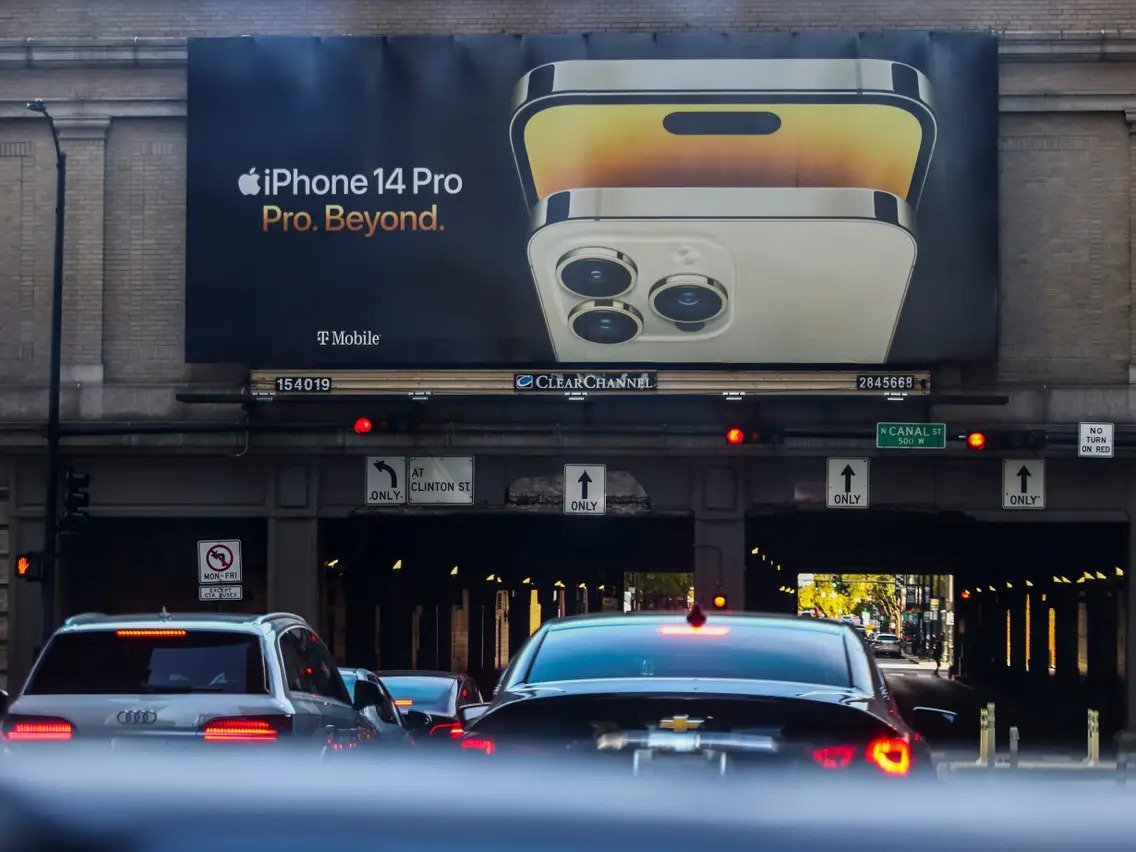Marketing is a 'free-hit-driven' discipline.
Reading time: 3 minutes
Like most creative endeavours, marketing is a 'hit-driven' discipline.
Success in marketing follows a power law distribution. Most marketing goes unnoticed by most people and, consequently, has a minor impact on the businesses that produce it. But a small amount of marketing 'hits'. This work captures an outsized share of popular attention that drives outsized returns for the businesses behind it.
So while most generic marketing is measured in marginal improvements to metrics like awareness and consideration, 'hits' show up in the revenue numbers in a big way. Nike's 1987 'Revolution' helped the business double revenue in two years. Old Spice's 2010 'The Man Your Man Could Smell Like' doubled sales within a year. And Dollar Shave Club's 2012 'Our Blades are F****** Great' grew the business from nothing to a $1bn exit to Unilever within five years.
Marketing is also a 'free hit' discipline.
A 'free hit' is a term from cricket — a delivery with which the bowler cannot dismiss the batter. Using the temporary invulnerability of a free hit, batters swing freely to try to score big.
Marketers are batters and every one of their campaigns is a free hit. Bad marketing is rarely held against the businesses that produce it. It hardly ever damages long-term brand equity. (You’ve got to do something uniquely terrible for this to happen; Balenciaga, Pepsi, Dolce & Gabbana, and Peloton levels of terrible). Instead, bad marketing is simply unnoticed and forgotten. This is the baseline. It is the status quo of marketing!
Marketing is not true cultural production. It is not music, cinema or gaming. A disappointing sophomore album can fracture an artist's fanbase, and a bad sequel can wreck a cinematic franchise. True cultural production has actual fans who actually care. Marketing doesn't play by the same rules. Nobody cares about marketing until a business produces marketing that's good enough to make them care. 'Revolution' doubled Nike's sales, but how many people remember the other, infinitely worse adverts that the business made at a similar time?
Marketing is both 'hit-driven' and a 'free hit' discipline. In other words: it is 'free-hit-driven'.
This is a licence — no, a mandate — to experiment. The objective is to land a hit. Marketers should swing for the fences, confident that they can't strike out as long as they avoid being uniquely offensive.
The only failure lies in not swinging.
* * * * *
A STORY FROM APPLE
I imagine that running marketing at Apple must be a pretty good job. You have unconstrained budgets, access to some of the world's best talent, and a creative formula for success that has been proven over multiple decades.
Apple's marketing works by telling a simple and attractive identity story: 'everyone can be uniquely creative (by using Apple’s products)'. This is the underlying premise of all the brand's iconic ads: 'Two Kinds of People', '1984', 'Think Different', 'I'm a Mac', the dancing iPod ads, 'Shot on iPhone', and so on.
But over the past year, Apple's marketing team have been maybe, perhaps, phoning it in a little? At best, their adverts have been unmemorable. At worst, they've been playing in something-that-Samsung-would-do territory.
The 'Pro Beyond' iPhone 14 adverts are paint-by-numbers marketing.
"You can shoot Hollywood-level films on an iPhone!" (This is definitely a little bit Samsung.)
The AirPods Pro spot is sort of fun? But the first time I saw it, I missed the beginning and guessed that it was an ad for a car, which is not exactly 'good Apple marketing' territory.
But then, at the end of November, Apple released this:
'The Greatest' is a hit. It does everything a great piece of marketing should: it is impactful and memorable; it reinforces brand marks; it demonstrates Apple products' utility value; and it tells the identity story that Apple has been writing for decades in a brilliant new way. Apple's media buying team should be running this ad everywhere (and I'm slightly confused as to why they're not).
Nobody will remember 'Pro Beyond' in ten years' time. (I'm not sure anyone remembers it now). But if Apple spends its media budget where it should, 'The Greatest' will build Apple's brand equity for years to come. And really, that's all that Apple needs, because marketing is a free-hit-driven discipline.

